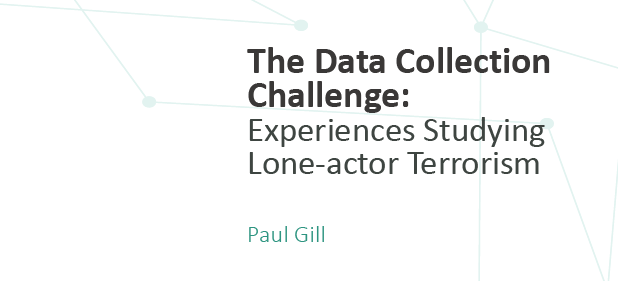The Data Collection Challenge: Experiences Studying Lone-actor Terrorism

Abstract
In 2011, the United States (U.S.) Department of Homeland Security (DHS) awarded our research team a one-year project to build a database on the antecedent behaviors of lone-actor terrorists from scratch. This chapter outlines the variety of challenges we faced from the outset of the project, how we tried to address them, and how I would do things differently if we started all over again. In particular, the chapter focuses on (1) the trade-off between definitional ideals and pragmatic constraints, (2) the limitations and opportunities afforded by a reliance on open-sources (and what I’ve since learned about closed-sources), (3) deciding what to collect data on and how to code what we collected, and (4) how to structure the data collection team and implement internal quality control mechanisms. The chapter then demonstrates how these decisions affect the quality and prevalence of certain variables by comparing our results to analogous studies. The chapter concludes by outlining important considerations for pursuing and understanding similar projects.
Suggested citation:
Gill, Paul. The Data Collection Challenge: Experiences Studying Lone-actor Terrorism. Washington, D.C.: RESOLVE Network, 2020.